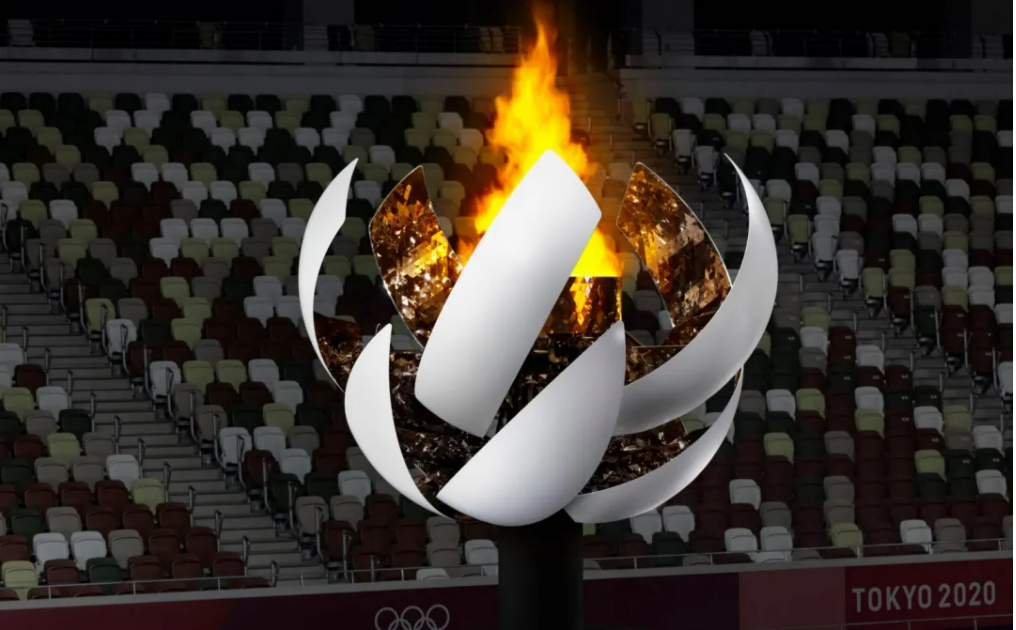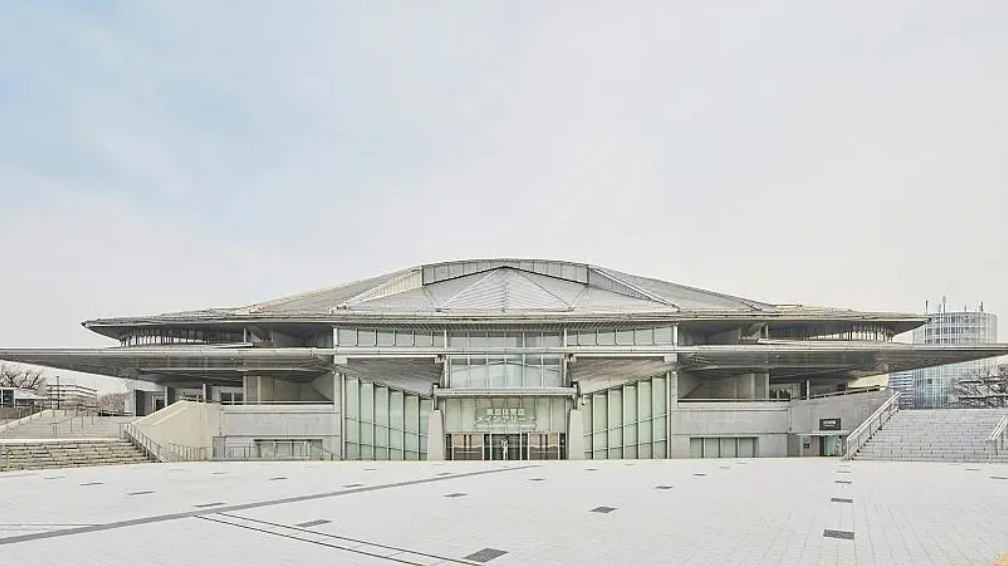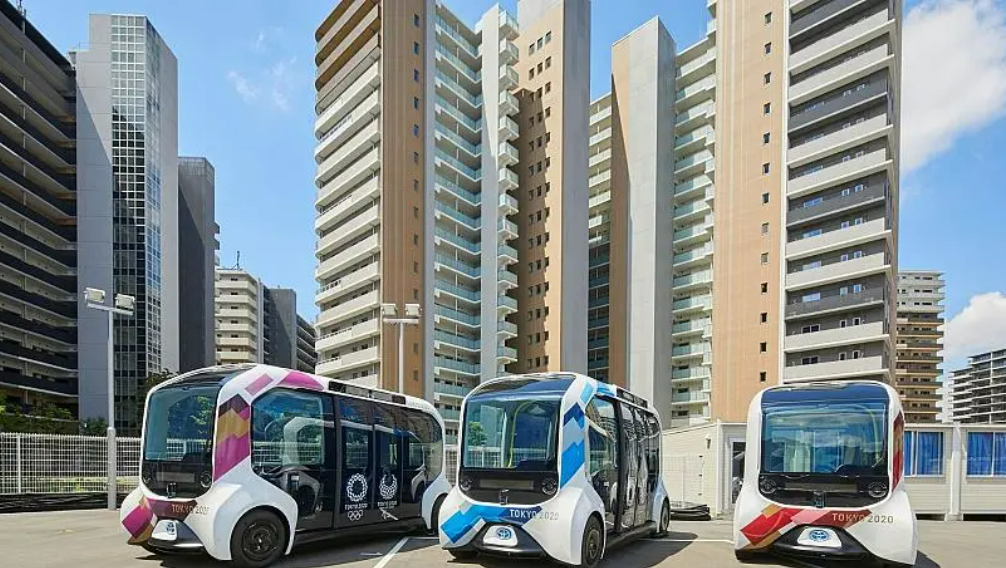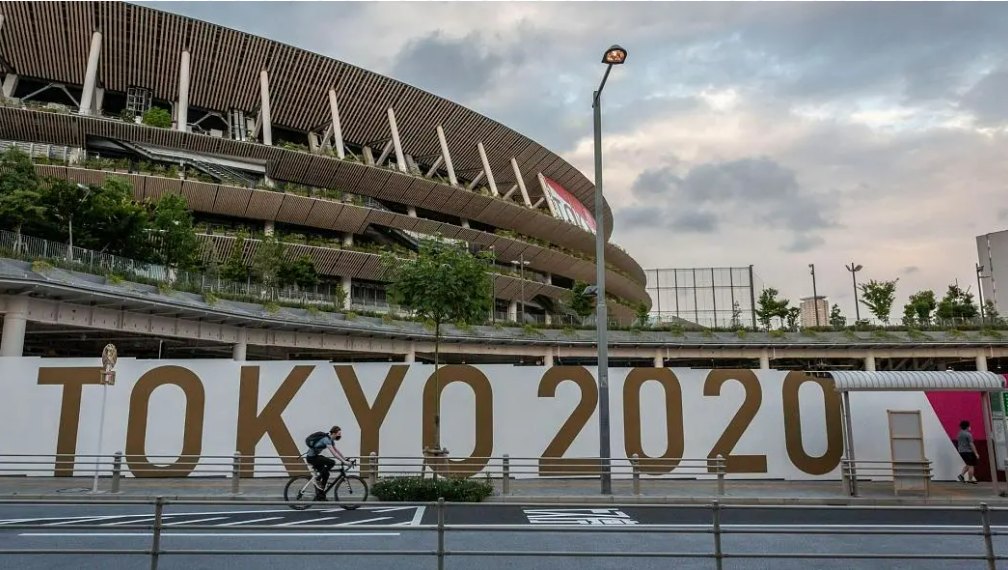 2021/12/31 14:18:11
2021/12/31 14:18:11 9561
9561
Sources: Euronews, Dezeen et al
When the Olympic flame is lit at Japan's National Stadium on July 23, it will not only mark the beginning of the Games, but also a new chapter in Japan's journey towards a sustainable future.

Photo source: dezeen
Designed by Japanese design studio Nendo, the vibrant white structure is a ball of ten aluminium panels, based on the shape of the sun, with reflective interiors. Japanese tennis player Naomi Osaka lit the Olympic torch.
"It expresses not only the sun itself, but also the energy and vitality that can be gained from it, such as plants sprouting, flowers blooming, hands opening to the sky," Nendo said.
The Olympic flame, the first to burn hydrogen, comes from green hydrogen produced by electrolysis of water using solar energy at a facility in Fukushima prefecture in western Japan.
Unlike propane, previously used to fuel the Olympic flame, hydrogen burns with an invisible, colorless flame. To create the visible yellow flame, sodium carbonate is sprayed into hydrogen gas. The amount and direction of water ejection from the vicinity of the burner as well as the amount of hydrogen and the Angle of the valve are checked repeatedly.
"We adjusted the movement and shape of the flame so that it flickered like firewood when it was lit," Nendo said. This attempt to 'design a flame' is unprecedented."
The use of hydrogen combustion, which produces no greenhouse gas emissions, is one of several initiatives aimed at reducing the environmental impact of the games this year.
The "hydrogen economy" powered the Tokyo Olympics
Tokyo 2020 is already being called the "Hydrogen Olympics," a hint of the fuel of the future. As the most abundant element in the universe, hydrogen is clean green. Best of all, it produces no carbon dioxide emissions and can be produced using renewable electricity. Energy analysts believe hydrogen offers the best potential to reduce or eliminate emissions from airlines, shipping and industry.
"With its enormous impact and visibility, the Games are a great opportunity to showcase technologies to tackle today's challenges, such as climate change," said Marie Sallois, the IOC's director of sustainable development.

Tokyo Metropolitan Stadium
Japan's hydrogen economy
Japan was one of the first countries to adopt a national hydrogen strategy in 2017, more than doubling government spending on hydrogen-related RESEARCH and development to nearly $300 million (254,744,700 euros) in the two years to 2019.
As part of its commitment to the economic future of hydrogen, the Tokyo Metropolitan Government (TMG) has established the Hydrogen Social Research Center (ReHES) at the Tokyo Institute of Technology to support the latest developments in hydrogen technology.
Just as the 1964 Tokyo Olympics left behind a Shinkansen high-speed train system, Tokyo 2020 hopes to leave behind a hydrogen society.
Fukushima Prefecture has built one of the world's largest hydrogen plants to ensure an adequate supply of hydrogen for the 2020 Tokyo Olympics.

The 2020 Tokyo Olympics
The hydrogen transportation
Toyota, the global Olympic partner, has provided a fleet of 500 Mirai hydrogen fuel cell vehicles - the same model used by the INTERNATIONAL Olympic Committee at its Swiss headquarters.
Toyota is also offering 100 FCEV Sora buses -- Sora is an acronym for water Cycle: Sky, Sea, River, Air -- each of which can carry 79 passengers and is powered by 10 high-pressure tanks capable of storing 600 litres of hydrogen. An FCEV forklift truck is being used to transport heavy equipment, and another 35 fueling stations have been installed around the city.
TMG aims to have 80 stations and 100,000 hydrogen fuel cell electric vehicles on the capital's roads by 2025. As it said in 2018, "Looking ahead to the Olympic and Paralympic Games and beyond, Tokyo intends to continue to develop to become a more sustainable city and a world pioneer."

Toyota's specially designed vehicles will support the 2020 International Olympic Committee (IOC) Olympic and Paralympic Games in Tokyo
Hydrogen-powered Olympic Village
"Key question for Tokyo 2020: What value can be found in hosting the Games and participating in sport in the context of the ongoing COVID-19 crisis?" Tokyo 2020 chairman Hashimoto Seiko said in a statement.

She added: "As expressed in the Olympic Vision, now is our opportunity to show the world the inherent power of sport and set an example for a more sustainable Olympic Games. Sport has the power to change the world and our future, and this is the legacy we intend to leave for future Games."